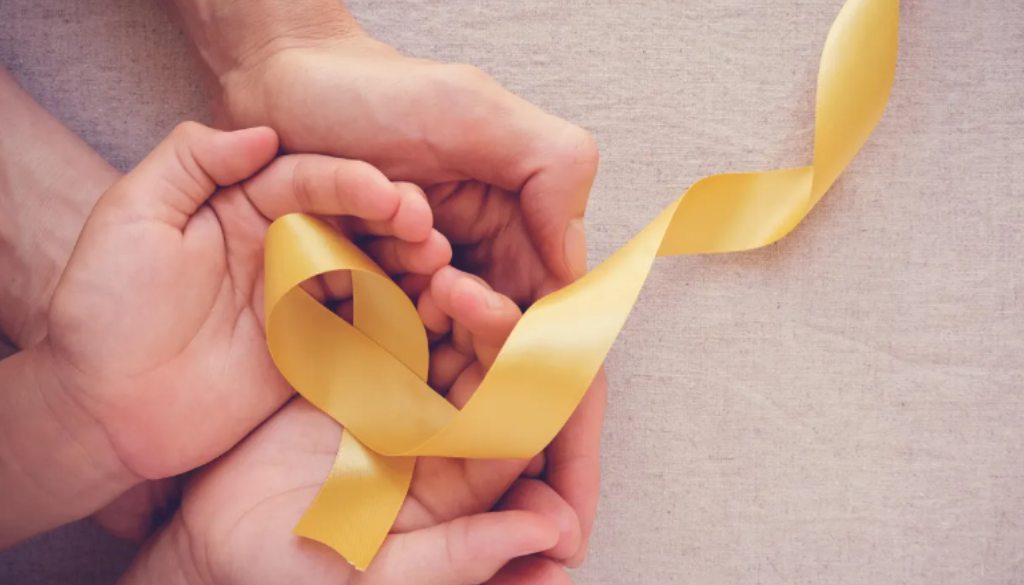The Importance of Early Detection of Pediatric Cancer

Dr Intezar Mehdi,
Director and Head of the Department, Pediatric Hematology,
Oncology and BMT, HCG Cancer Care, Bangalore
Bangalore, 26th February 2024: In the beautiful realm of childhood, where laughter resonates louder than worries and innocence dances in every step, pediatric cancer (commonly known as childhood cancer) casts a shadow that challenges the very essence of joy. Even though childhood cancer cancers tend to grow faster than adult cancers, a glimmer of hope remains in the form of early detection, promising effective treatment and brighter outcomes.
Detecting the Early Signs
For children, early detection plays a crucial role in improving the prognosis and outcomes. Childhood cancer behaves differently than adult cancers. Thus, it is important to be vigilant about the symptoms that can be early clues to suspicion, such as frequent and serious viral infections, weight loss or poor appetite, headaches or unexplained fever that won’t go away. Since, many of these symptoms often resemble common childhood illness, parents easily confuse them for other illnesses, but health experts insist that if they persist frequently, it is essential to seek medical advice from a pediatric oncologist at the earliest. A little later the early symptoms turn into relentless fatigue, pain or swelling in joints or limbs, swollen lymph nodes in neck or armpits and easy bruising or bleeding. This is when parents end up consulting with pediatric oncologists after multiple sessions with general physicians.
Advantages of Early Detection
At this stage, there is an overwhelming anxiety in both the patients and their family. It is imperative that the pediatric oncologist explains to them the advantages of early detection.
Less complex surgery
When we catch signs of childhood cancer sooner, it leads to less invasive surgeries and better aesthetic results. For instance, taking out a smaller amount of tissue results in a more pleasing look, which means less need for additional procedures like reconstructive surgery.
Improved Treatment Success Rates
Early detection and timely intervention increase the likelihood of successful treatment outcomes. It also increases life expectancy. In fact, most cured children have a longer event-free survival and even if they relapse, targeted treatments are easily available.
Reduced Treatment Related Complications:
In the early stages of pediatric cancers, a single treatment modality, such as chemotherapy, surgery or radiation therapy, may be sufficient. It is also less likely to encounter complexities due to other diseases like type-1 diabetes. This not just reduces the treatment complexities but also reduces recovery time.
Preservation of Developmental Milestones:
Early intervention helps in safeguarding a child’s developmental milestones. Early detection and timely treatment can lower the risk of complications that might affect the child’s physical and cognitive development, ensuring a healthier future.
Minimized Side Effects
Cancer detection in the early stage may also allow for less invasive treatment options with fewer side effects. In pediatric cases, it is especially essential to minimize long-term adverse effects to preserve the child’s overall wellbeing.
Enhanced Emotional and Psychological Support
Early detection not only benefits the physical aspect of treatment but also allows affected families with the opportunity to access the much needed emotional and psychological support services. This support helps in coping with the challenges of childhood cancer and is invaluable for both the child and their families.
Summary
Our healthcare system is equipped to fight these tough battles alongside these innocent patients, thus the need to raise awareness is imperative. It is essential to spread awareness about the difference in the symptoms of common childhood illness and symptoms of pediatric cancer. Medical practitioners, pediatric oncology specialists, pediatric oncology organisations, and community networks can all help families navigate the obstacles of a pediatric cancer diagnosis. Cure rates in Childhood Cancer are higher and it’s imperative that they do not have long term side effects. Children are the future of the family, ths society and the country.








